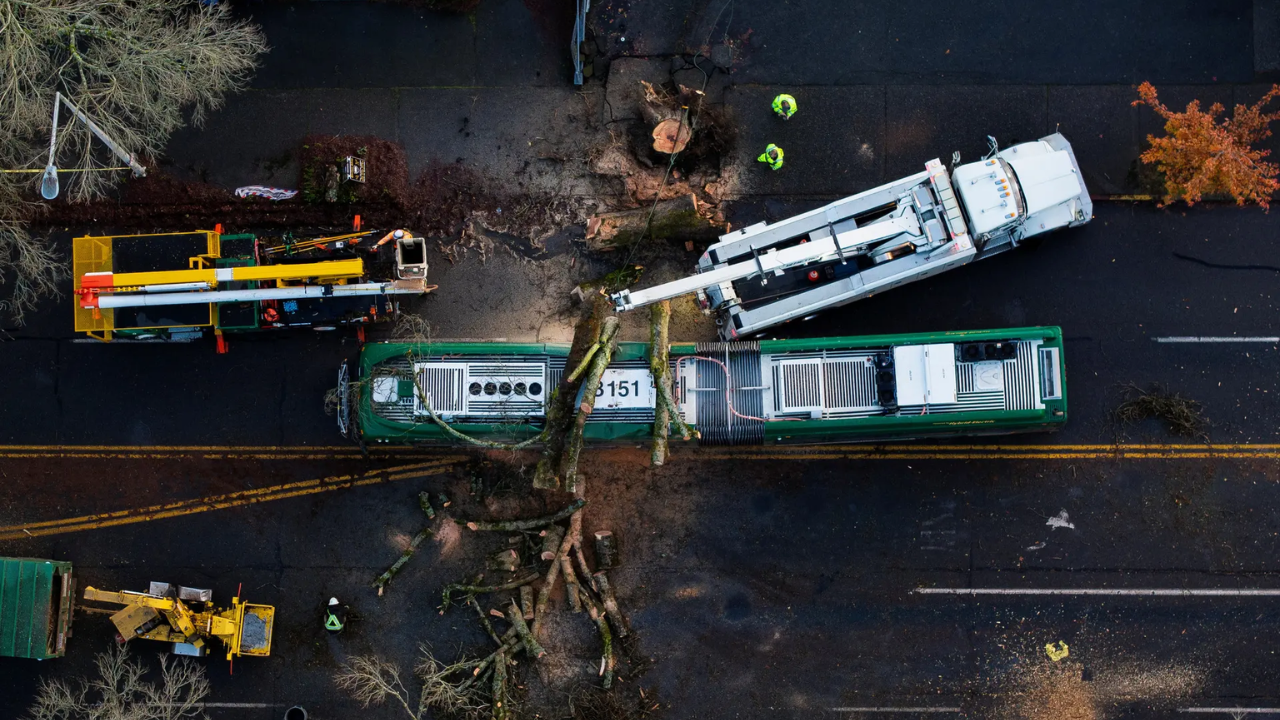ARTICLE AD BOX
The United States wants to broaden cooperation and collaboration with India in space technology - particularly as it relates to militarisation of the 'final frontier' to deny common adversaries like China - Major General Brian W Gibson, the strategy chief of the US Space Command, told NDTV.
In Delhi to meet top military and space agency officials, Major Gibson red-flagged Beijing's space programme, saying, "China is advancing at a breath-taking pace in the military use of space tech."
"Conflict in space is not inevitable... just like every other domain. And one way we seek to deter (our enemies) is to not go it alone... we go together, we do it together. So that is my purpose here - to broaden our relationship, collaborate where we can and where we have shared interests."
The reality of the world as it is today, the Major said, is that much of the focus is on the US and India, and the challenges the two countries face together from "potential adversaries like China".
"Their advance is breath-taking... in the military aspect of space alone, let alone the commercial."
The Major's visit to Delhi - which experts say signals a major shift in Washington, D.C.'s space command policy - comes on the heels of Donald Trump's big win in this week's election.
Mr Trump beat his Democrat rival, outgoing Vice President Kamala Harris, in the 2024 US Presidential election and will, in January, be installed as the 47th President of the United States.
Major Gibson's words of warning - re: China - are not a new development.
In September last year the US Space Force - the US military's space service, established during Mr Trump's first term - said it had internal discussions about a 'hotline' to prevent space crises.
The comments came as the Space Force looked into establishing a Japan branch; this was in response to China's continuing military ambitions in the Indo-Pacific and the Ukraine war.
The Space Force's commander, General Chance Saltzman, told Reuters then that close co-operation with "like-minded countries" would be crucial in being able to monitor and understand activity in the space domain, and to deter China and counter 'grey zone activities' like jamming satellite signals.
Further back, in 2022, the then Commander of the US Space Command, General James H Dickinson, said China is building facilities that could put most of his country's space assets at risk.
.png)
 2 weeks ago
1
2 weeks ago
1







 English (US)
English (US)